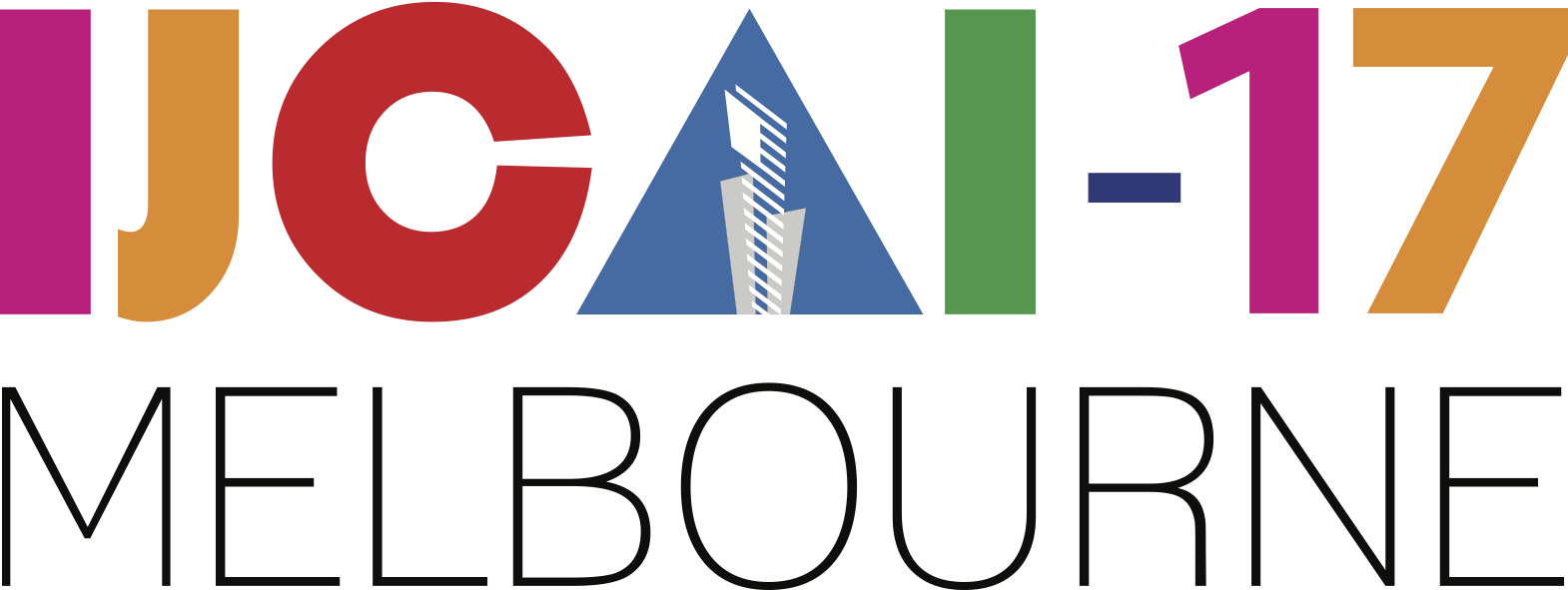Making Cross Products and Guarded Ontology Languages Compatible
Making Cross Products and Guarded Ontology Languages Compatible
Pierre Bourhis, Michael Morak, Andreas Pieris
Proceedings of the Twenty-Sixth International Joint Conference on Artificial Intelligence
Main track. Pages 880-886.
https://doi.org/10.24963/ijcai.2017/122
Cross products form a useful modelling tool that allows us to express natural statements such as "elephants are bigger than mice", or, more generally, to define relations that connect every instance in a relation with every instance in another relation. Despite their usefulness, cross products cannot be expressed using existing guarded ontology languages, such as description logics (DLs) and guarded existential rules. The question that comes up is whether cross products are compatible with guarded ontology languages, and, if not, whether there is a way of making them compatible. This has been already studied for DLs, while for guarded existential rules remains unanswered. Our goal is to give an answer to the above question. To this end, we focus on the guarded fragment of first-order logic (which serves as a unifying framework that subsumes many of the aforementioned ontology languages) extended with cross products, and we investigate the standard tasks of satisfiability and query answering. Interestingly, we isolate relevant fragments that are compatible with cross products.
Keywords:
Knowledge Representation, Reasoning, and Logic: Computational Complexity of Reasoning
Knowledge Representation, Reasoning, and Logic: Description Logics and Ontologies
Knowledge Representation, Reasoning, and Logic: Logics for Knowledge Representation

